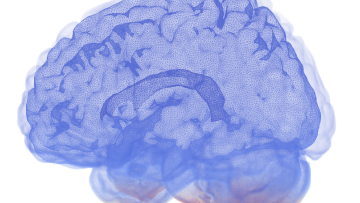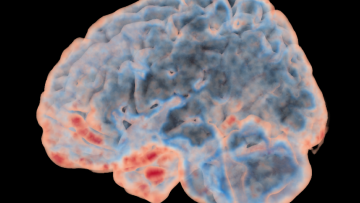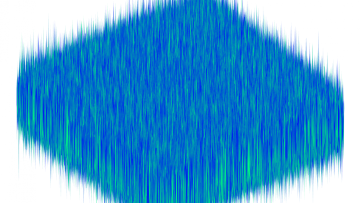Over the last few years, the study of the physiological mechanisms governing the movement of fluids in the brain (referred to as the brain waterscape) has gained prominence. The reason? Anomalies in the brain fluid dynamics are related to diseases such as Alzheimer's disease, other forms of dementia and hydrocephalus. Understanding how the brain waterscape works can help discover how these diseases develop. Unfortunately, experimenting with the human brain in vivo is extremely difficult and the subject is still poorly understood.




